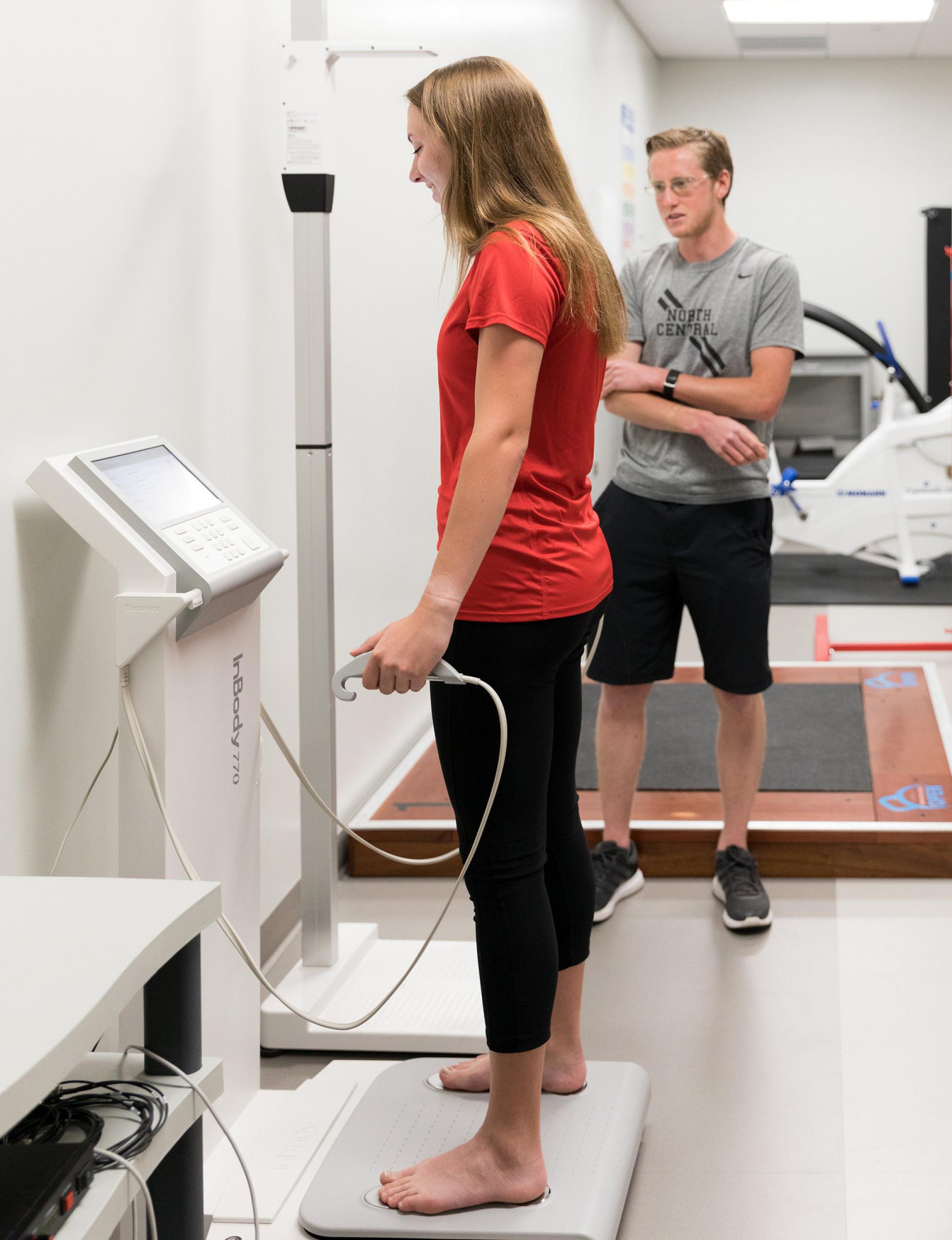The athletes in the study reported getting six hours of sleep before the morning practice and eight hours on the day of the afternoon practice. All other comparisons were not significant except for the hours in bed prior to the morning and afternoon practice day. However, Spivey learned that there is still much to learn.
“Our research study may not have had any significant implications with regard to the participants’ physical and cognitive measures, but with more participants studied over a longer duration of time, we may have been able to draw more definitive associations between sleep and physical and cognitive performance.
“After taking Dr. Chambers’ Psychology Seminar on sleep and finishing this research study, I have come to realize that there is still a lot we do not know about sleep,” says Spivey, who also gained personal experience from a brother diagnosed with sleep apnea. “We know that sleep is important. However, we have yet to understand all of the underlying processes behind it.”
Spivey, who plans to pursue a further education and a career as an athletic trainer, hopes that the other student researchers continue with this sleep research. In addition to Spivey, the research team included Isabella Kwiecinski ‘18, Jessica Ponce ’19, Emily Conradi ’19, Marc Malandrino ’19 and Jen Hufnagle ’19. They presented their results in a poster session at the Rall Symposium for Undergraduate Research in May.
[Pictured below: From left to right--Jessica Ponce, Aaron Spivey, Emily Conradi, Jen Hufnagle and Marc Malandrino.]


